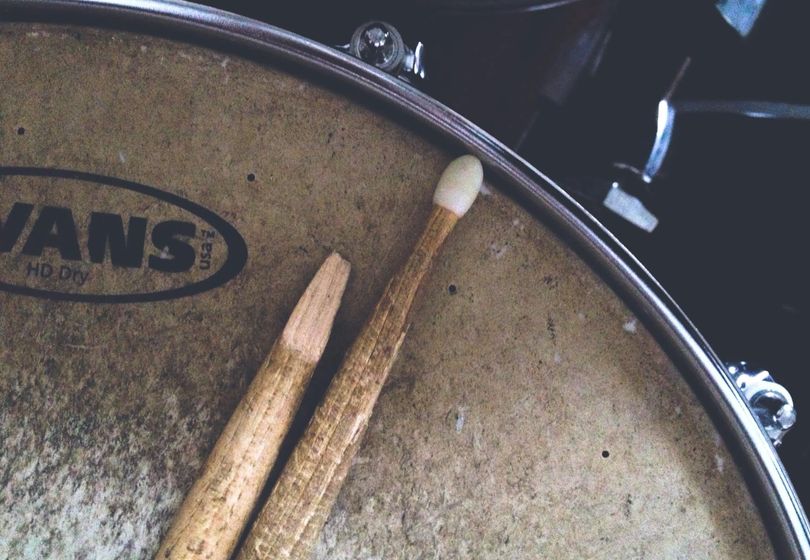
When it comes to choosing between electronic drums and acoustic drums, drummers often find themselves torn between the two options. Both types of drum kits have their own unique advantages and drawbacks, making it essential to consider factors such as sound quality, portability, maintenance, stage presence, and suitability for home practice or live performances. Whether you are a beginner or a professional drummer, the decision between electronic drums and acoustic drums can significantly impact your playing experience.
Sound Quality:
One of the most critical aspects to consider when comparing electronic drums and acoustic drums is sound quality. Acoustic drums are known for their rich and authentic sound, created by the vibrations of the drumheads and shells. They offer dynamic range and tonal versatility that many drummers prefer, especially for live performances where the sound needs to cut through a mix.
On the other hand, electronic drums use sampled sounds to produce drum sounds, offering a wide range of customizable options. While electronic drums may not always replicate the natural resonance of acoustic drums, they often come equipped with features like sound modules and preset kits that allow drummers to experiment with various sounds and effects.
Portability:
For drummers who frequently gig or have limited space at home, portability is a significant factor to consider. Electronic drums are generally more compact and lightweight compared to acoustic drums, making them easier to transport and set up. Their modular design also allows for easy storage when not in use, making them an excellent choice for drummers on the go.
Acoustic drums, on the other hand, can be bulky and challenging to move around, especially for drummers who play large kits with multiple drums and cymbals. While acoustic drums offer a traditional setup that many drummers prefer, their lack of portability can be a drawback for those who need to transport their kit frequently.
Maintenance:
Another factor to consider when choosing between electronic drums and acoustic drums is maintenance. Acoustic drums require regular tuning, head replacements, and general upkeep to ensure optimal performance. Drummers must also consider factors like temperature and humidity, as these can affect the sound and durability of acoustic drums.
Electronic drums, on the other hand, are generally low maintenance and do not require tuning or frequent part replacements. Drummers can enjoy consistent sound quality without the need for regular adjustments, making electronic drums an excellent choice for those who prefer a hassle-free playing experience.
Stage Presence:
When it comes to live performances, stage presence plays a crucial role in engaging the audience and creating a memorable experience. Acoustic drums are known for their commanding presence on stage, with their visually striking shells and hardware making a bold statement.
While electronic drums may lack the visual appeal of acoustic drums, they offer practical benefits such as silent playing options and the ability to control the volume levels. Electronic drums are also ideal for drummers performing in small venues or environments where loud volumes may be a concern.
Home Practice:
For drummers looking to practice at home without disturbing neighbors or family members, electronic drums are a popular choice. Electronic drums often come equipped with headphone jacks and built-in speakers, allowing drummers to practice quietly and fine-tune their skills without causing a racket.
Acoustic drums, on the other hand, can be challenging to practice with at home due to their loud volume levels. While tools like drum pads and noise-reducing accessories can help dampen the sound of acoustic drums, electronic drums remain the go-to option for home practice for many drummers.
Drum Kit Comparison:
Ultimately, the decision between electronic drums and acoustic drums comes down to personal preference and specific needs. While acoustic drums offer a traditional sound and visual appeal, electronic drums provide versatility, portability, and convenience that many modern drummers appreciate.
Whether you are a beginner exploring the world of drumming or a professional looking to enhance your playing experience, considering factors such as sound quality, portability, maintenance, stage presence, and home practice can help you make an informed decision when choosing between electronic drums and acoustic drums.
